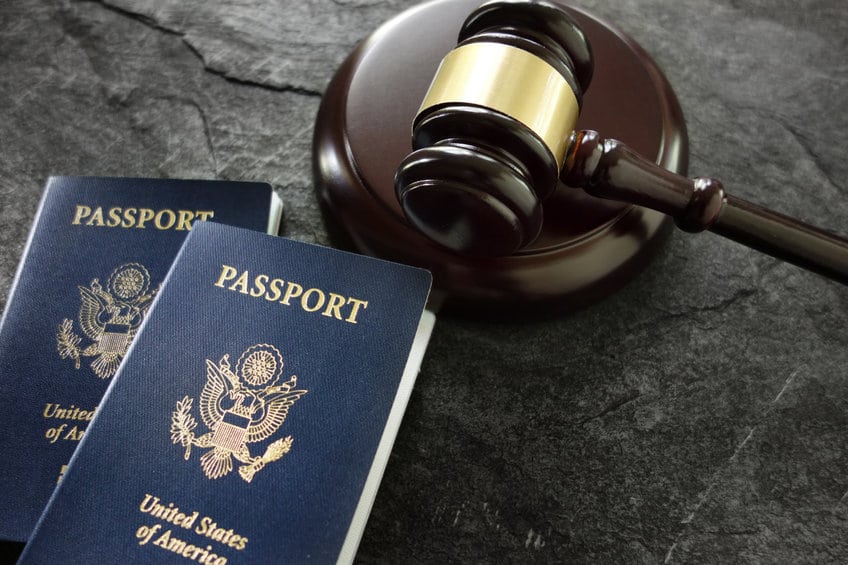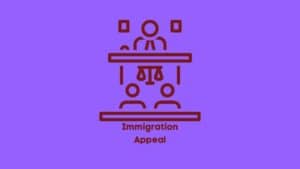What are immigration appeals?
Generally, immigration appeals are filed to review and hopefully alter the immigration court’s initial decision on a certain case. There are different types of immigration appeals depending on what is the appeal for and where is it being filed.
Administrative Appeals Office (AAO)
Not all immigration related appeals can be filed to the Administrative Appeals Office. The AAO is responsible for appeals of denied immigrant petitions and applications. The AAO handles appeals concerning:
· Applications for Temporary Protected Status;
· Adjustment of status applications;
· Petitions for aliens to come to the United States temporarily to perform labor, services or receive training;
· Orphan, religious worker, juvenile, and special immigrant petitions.
To submit an appeal to the AAO, you are required to fill out and file a Form I-290B Notice of Appeal with the AAO or USCIS within 30 days of the date that the decision was given. You should submit a document stating the reasons why your petition or application should be reconsidered.
Board of Immigration Appeals (BIA)
BIA is under the Department of Justice, and it is the body that reviews the decisions of immigration courts and the U.S Citizenship and Immigration Services (USCIS).
The Board of Immigration Appeals has a nationwide jurisdiction to handle appeals from decisions rendered by Immigration Judges. The BIA handles appeals from across the country concerning:
· Deportation Cases
· Denied I-130 immigrant petitions by USCIS
· Bond adjudication by immigration judges.
· Attorney discipline.
BIA primarily focuses on written briefs to review the appeals and come up with a decision. They carefully evaluate the paperwork submitted, the original petition, motions, and the original court decision. They only conduct courtroom hearings on very seldom occasions.
Fill out and submit the Form EOIR-26, Notice of Appeal from a Decision of an Immigration Judge within 30 days after the decision was rendered. Prepare a strong and realistic written appeal that lays out the reason for your appeal and the laws backing them up.
Note that you should receive a notice from BIA after two weeks. If you did not receive any notice, make sure to follow up with BIA to find out what happened.
Filing fee for immigration appeals is $110. Your notice of appeal should be accompanied by the proof of payment.
· Money order or a valid check of the exact amount of the filing fee.
· Waiver fee (if applicable)

Criminal Aliens Appeal
If an immigrant is convicted of a criminal case, they may be facing removal proceedings and deportation too. In some cases, the immigrant can hire legal attorneys to represent him or her in a case to remove or amend their criminal charges.
Federal Circuit Court of Appeals
Federal Circuit Court of Appeals are usually the cases arising from the decisions of the BIA. The federal court can only take the cases presenting constitutionality claims and questions of law including the following cases below.
· Questionable delays by the USCIS in deciding an application or petition;
· Denied application for naturalization by the USCIS;
· Unlawful detention of someone in immigration custody; or
· A removal order denied on legal or constitutional grounds.
Executive Office for Immigration Review (EOIR)
The Executive Office for Immigration Review (EOIR) manages the United States’ immigration court system. The Department of Homeland Security (DHS) will file a case against a foreign born individual, an alien, for violating immigration laws. The EOIR then reviews the charges and renders a decision whether the individual is removable from the country or not.
The Removal Process
DHS files a charge against the alien in one of EOIR immigration courts and a Notice to Appear will be served. The NTA will include the following information:
· the removal proceedings and processes,
· the alleged immigration law violation
· the alien’s right to seek for a legal help and representation at his own expense
· the consequences of not attending the scheduled hearings.
The EOIR operates with 350 immigration judges conducting removal hearings and other administrative court proceedings and approximately 60 immigration courts across the country.








 by Prozco®
by Prozco®